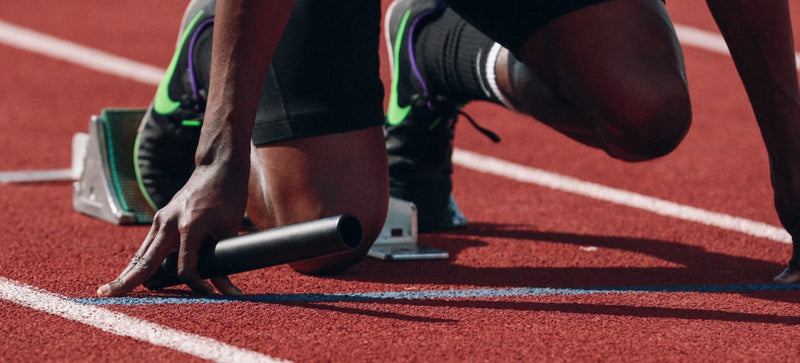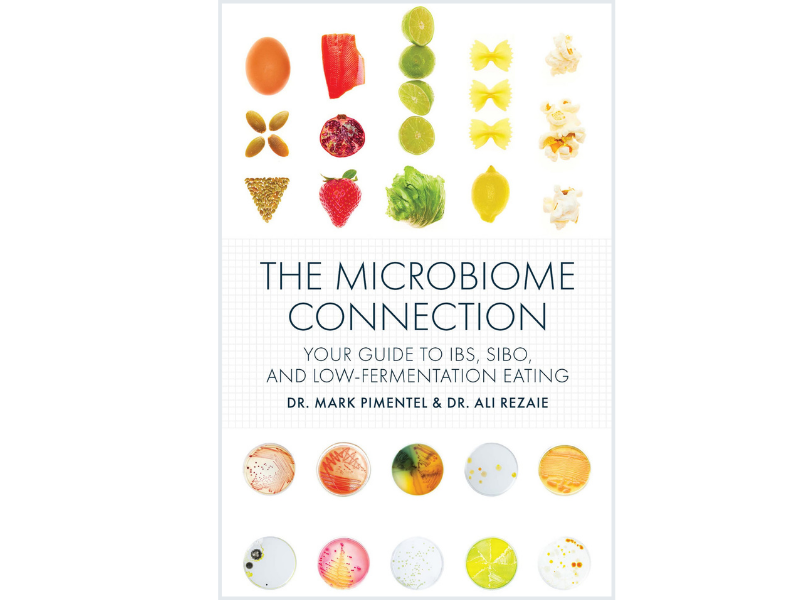
Anyone who’s ever wanted to run faster, harder and longer knows that’s a goal not easily achieved. It means going for punishing early morning runs instead of sleeping in, adding plyometric moves like jump squats and burpees to your workouts, and pushing yourself past the point of exhaustion and sometimes nausea.
A recent study, however, seemed to offer hope of an effortless way to improve your performance in the next 10K: consuming a dose of a type of bacteria called Veillonella that teems in the guts of elite athletes after they’ve engaged in rigorous activity. These microbes, researchers speculated, might even help boost the capacity of inactive people to exercise more effectively.
Some of the researchers involved in the study have launched a company to develop a probiotic supplement that contains the super-athlete microorganisms.
Other scientists, however, are skeptical. Among those is Suzanne Devkota, Ph.D., a member of the scientific advisory board for the American Gastroenterological Association Center for Gut Microbiome Research & Education and an assistant professor in the gastroenterology division of Cedars-Sinai Medical Center in Los Angeles.
“Athletic organizations everywhere have jumped on this study and said, ‘Great, now we can take a probiotic of Veillonella and we’ll all be super athletes.’
“That,” Devkota says, “is not going to happen.”
How Exercise Changes Our Microbiome
Our bodies are host to 100 trillion microbes, give or take a few
The opposite is true, too: our health and behavior
The researchers behind the new study wanted to gain a better understanding of this link between exercise and a booming microbiome. They began their work in 2015 by collecting stool samples from Boston Marathon runners a week before the race.
They also gathered samples from a group of sedentary people. Then, they took a second collection of samples from the runners post-marathon.
When they compared these fecal samples, two things stood out. One, the runners had a far higher abundance of a particular microbe called Veillonella than did the inactive control group. Two, after the marathon, the quantity of Veillonella surged in the guts of the marathoners.
To make sure that these findings weren’t a fluke, the researchers ran a similar analysis with stool samples from ultramarathoners, who might cover as much as 100 miles in a race, and Olympic rowers. Again, they found a similar spike in Veillonella after the athletes participated in a race or in rowing trials.
Creating Mice Marathoners With an Infusion of Super Microbes
Veillonella has an interesting connection to exercise. It sustains itself by consuming, or metabolizing, lactate, the chemical that’s produced when you work your muscles and that contributes to the dreaded “burn.” As Devkota explains, “When we exercise or walk up a flight of steps and our muscles burn, that’s lactate production, and it usually makes us slow down or stop exercising because it hurts. Ultra athletes obvious produce a lot of lactate.”
But before Veillonella can offer benefits, another step is involved. “Just like we breathe in oxygen and breathe out C02, microbes produce byproducts as well,” Devkota says. “The byproduct that’s produced when Veillonella consumes lactate is something called propionate.” A short-chain fatty acid, propionate appears to play a role in regulating bloodsugar levels, preventing inflammation and contributing to heart health.
Could an infusion of Veillonella or propionate, the researchers wondered, help produce champion runners by providing these body-wide benefits?
To test this theory, they conducted an experiment on lab mice. They gave some mice an injection of Veillonella and others an enema containing propionate (the colon is a more direct pathway for the molecules). A control group of mice
The three groups of mice squared off on miniature treadmills running until exhaustion. The results: the mice treated with Veillonella or propionate ran, on average, about 13 percent longer than the control mice before calling it quits.
Can Coach Potatoes Turn Into Olympiads with a Pill?
So, are humans also likely to see an increase in endurance by popping some propionate? That takes a very big leap of faith, says Devkota. For one thing, the amount of propionate given to mice would have a negligible effect on humans and, she says, “we have no idea how much you’d need to actually see a noticeable effect on people, how much is safe to consume, or if any amount at all would make a difference.” Also, she points out, the makeup of everyone’s microbiome is different. Without the right welcoming gut environment, any infusion of Veillonella or propionate is likely to languish rather than bloom.
“Researchers in the metabolic field have long been looking for a magic molecule that would be a substitute for diet and exercise,” Devkota says. “They even developed a
That said, Devkota believes the study offers an intriguing foundation for future research. “While it’s unlikely that anything can truly reproduce the health benefits of exercise,” she says, “maybe we can develop something that will work in synergy, making the calorie burn great or enabling fat to be metabolized more quickly.”
The other good news contained in the study, Devkota says, is that it provides more evidence that our microbiome is malleable. “Unlike our genes, which we have from birth,” she says, “our microbiome can change through simple everyday things. Go from eating pizza every day for a week to eating salad, or go from being a couch potato to becoming active, and you’ll see a massive shift if your microbiome. It’s dynamic and responsive to the actions we take.”
ABOUT THE AUTHOR:
Shelley Levitt is a Los Angeles-based freelance writer and editor. A former senior writer for People Magazine, she contributes to a wide range of publications and websites on health, food, travel, beauty, science, and vibrant aging.

The Microbiome Connection: Your Guide to IBS, SIBO and Low Fermentation Eating
A must-have resource for anyone who suffers from IBS or SIBO, or who wants to better understand their microbiome, this book will help you live a gut-happy and gut-healthy life.
